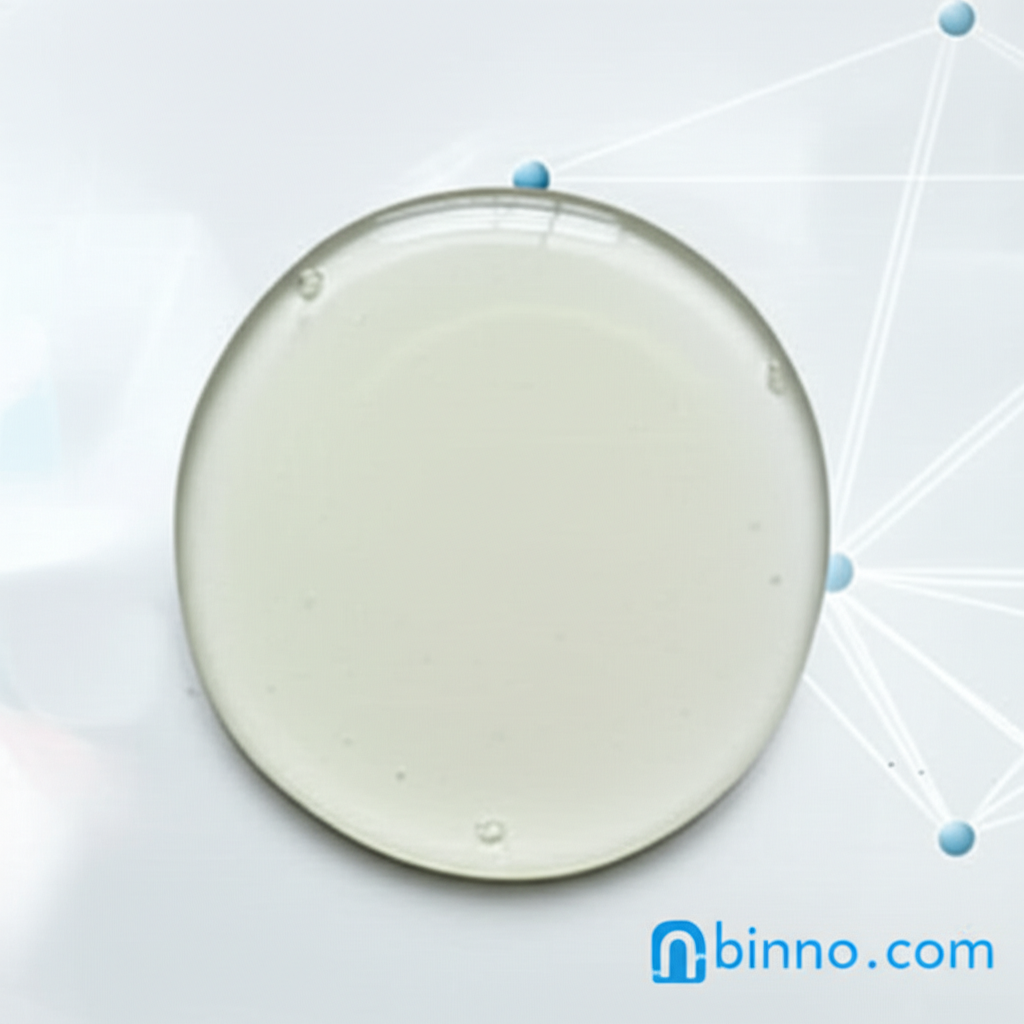Dibutyl Phthalate (DBP) CAS 84-74-2: A Versatile Plasticizer for Industrial Applications
Discover the extensive uses and properties of Dibutyl Phthalate, a key industrial chemical for enhancing material flexibility.
Get a Quote & SampleProduct Core Value

Dibutyl Phthalate
Dibutyl phthalate (DBP) is an essential chemical compound recognized by CAS number 84-74-2. It serves as a crucial plasticizer, significantly improving the flexibility, processability, and durability of polymers, most notably Polyvinyl Chloride (PVC). Its utility extends across a broad spectrum of industrial applications, including its use as a plasticizer in polymers such as PVC, in paints, inks, adhesives, and cosmetics. DBP is a colorless, oily liquid with a very weak aromatic odor, insoluble in water but readily soluble in many organic solvents, making it a versatile component in various formulations.
- Leverage Dibutyl Phthalate Plasticizer capabilities to improve product performance and longevity in demanding applications.
- Explore the diverse Dibutyl Phthalate uses in paints and coatings, enhancing film formation and flexibility.
- Understand the critical role of Dibutyl Phthalate for PVC applications, transforming rigid plastics into pliable materials.
- Discover the benefits of Dibutyl Phthalate in industrial applications, from adhesives to elastomers, improving workability and end-product quality.
Key Advantages of Dibutyl Phthalate
Enhanced Material Flexibility
As a highly effective Dibutyl Phthalate plasticizer, it imparts superior flexibility and elasticity to various polymers, including PVC, making them suitable for a wider range of uses.
Broad Industrial Compatibility
With its excellent solvency and compatibility, Dibutyl Phthalate finds extensive Dibutyl Phthalate uses in paints, inks, and adhesives, improving their application properties and final performance.
Cost-Effective Performance
The cost-effectiveness of Dibutyl Phthalate for PVC applications ensures that manufacturers can achieve desired material properties without excessive cost increases, supporting competitive pricing.
Key Applications
Plasticizers
A primary role of Dibutyl Phthalate (DBP) is as a plasticizer, especially for PVC, enhancing flexibility for products like floor and wall coverings, furnishings, and automotive interiors.
Paints and Coatings
DBP is incorporated into paints and lacquers to improve workability, film formation, and flexibility, contributing to a more durable and aesthetically pleasing finish.
Inks and Adhesives
Its solvent properties make Dibutyl Phthalate valuable in printing inks and adhesives, ensuring proper viscosity and adhesion for various substrates.
Cosmetics and Personal Care
While its use is restricted in some regions, DBP has historically been used in cosmetic formulations like nail polish as a plasticizer and solvent.
